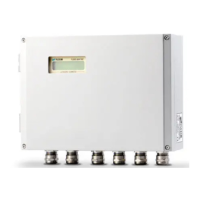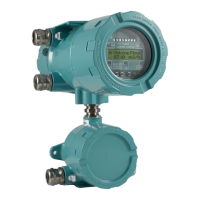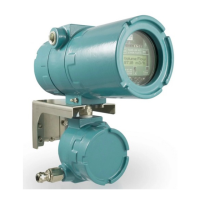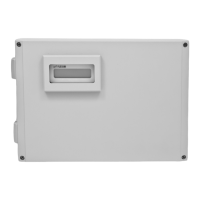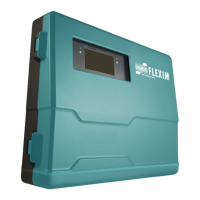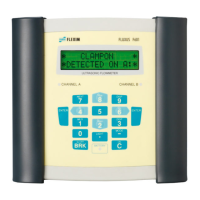140 UMFLUXUS_G6V4-2EN, 2011-03-29
FLUXUS G60x 19 Wall Thickness Measurement (Optional)
19.3.4 Errors during the Measurement
If no valid wall thickness can be measured,
• remove the wall thickness probe from the pipe wall
• clean the wall thickness probe and the position on the pipe where the measurement
takes place
• apply a thin film of the coupling compound to the pipe wall
• press the wall thickness probe against the pipe wall in this position
• try measuring again
19.3.5 Possible Reasons for Incorrect Measuring Results
• temperature fluctuations:
The sound speed is temperature dependent.
• doubling effect:
When measuring the wall thickness using ultrasonic signals, a phenomenon called the
doubling effect can occur if the wall thickness is smaller than the min. measuring
range of the probe. The measured value is then twice (or sometimes three times) as
high as the actual wall thickness because of repeated reflections of the ultrasonic sig-
nal.
• the measured value is too low:
The ultrasonic signal was reflected by a defect and not by the boundary layer, resulting
in a shorter transit time and therefore a lower wall thickness.
• warped surfaces:
The probe has to be pressed centrally against the pipe or cylindrical vessel. The ap-
plied pressure must be constant. The acoustic partition boundary of the wall thickness
probe must be perpendicular to the longitudinal axis of the pipe.
• surface conditions:
Regular unevenness (e.g. small grooves) on the surface of the pipe can result in wrong
measured values. Normally, this problem can be avoided by turning the wall thickness
probe ins such way that the acoustic partition boundary of the pipe is perpendicular to
the orientation of the grooves (see Fig. 19.2).
Press key to display the transit time of the signal.
Note! Use a small amount of coupling compound. Press the wall thickness
probe evenly against the pipe wall.
Wall Thickness
LZ= 186 ns
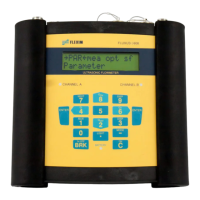
